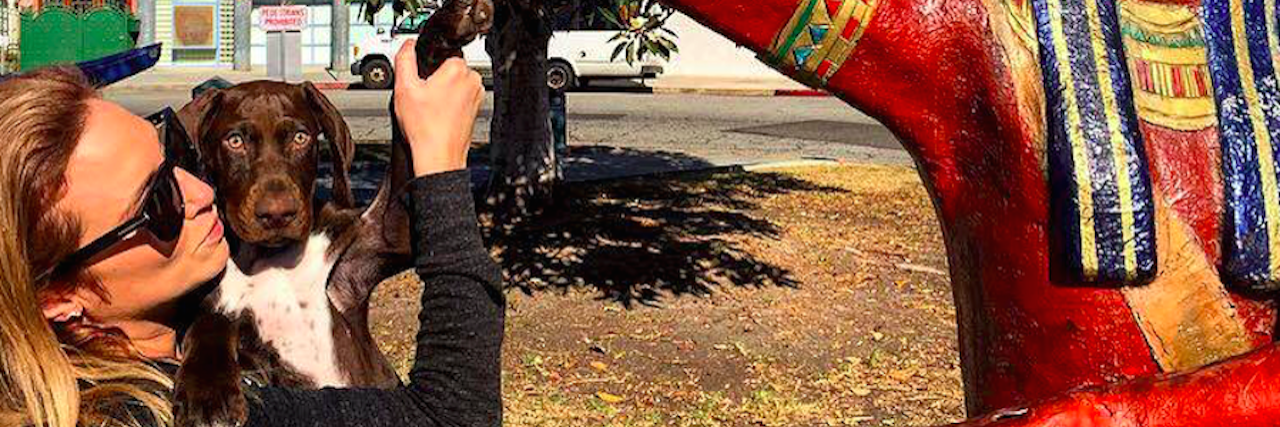From 2015 to 2016, the number of chronically homeless individuals in the United States of America decreased seven percent year over year, and decreased 35 percent since 2007. That’s phenomenal, but not good enough.
• What is Bipolar disorder?
My main concern is that there is not enough affordable housing in the United States to successfully conquer this problem. American attitudes need to change about the chronically homeless population. If the United States is to eradicate the chronically homeless problem that plagues the streets and hearts of our communities, we need more Housing First projects. We need to be open to the idea that housing is a basic human right in every neighborhood for everyone. It is my hope that every human, even those with the most difficult circumstances, will be given the second chance at life they deserve.
I have recently been placed in an internship at Charlotte-Mecklenburg Community Support Services, where I will focus on counseling and case management for the chronically homeless. The chronically homeless are a population who are plagued by long periods of homelessness, severe mental health issues and substance abuse. A population I narrowly scathed by because of the love, support and, let’s be honest, money I received from my family.
Born into an upper middle class family in Darien, Connecticut, it seemed like I had it all. My father was an investment banker and my mother was an accomplished homemaker and philanthropist. I grew up privileged. I excelled in school and went on to become an investment banker myself. I pursued an MBA from a prestigious university in New York and worked as a Vice President in Institutional Sales for a large asset manager in Manhattan. As the stress started to become more and more taxing, I experienced my first manic episode in May of 2011 and was diagnosed with bipolar 1 disorder with psychotic features. A few months later, I was laid off from my job. I moved to Beverly Hills to enjoy a more laid back career in private banking. I began to recover and worked my way up in Venture Capital Banking in Santa Monica, California.
Then one day, I woke up and everything I had worked so hard for disappeared in a sparkly technicolor hue right before my eyes. I was taking medication, I was four years sober, I was having a manic episode and I was a psychotic mess. There I sat in the psych ward, helpless, a part of the system, and I was unable to check myself out. I refused to eat, I couldn’t sleep, I was scared to death. I just couldn’t comprehend what had happened to me. When I was released, I went to a 30-day treatment center in Malibu for mental health issues. I refused to accept I was bipolar and would only acknowledge I had experienced a Kundalini Awakening. Thus, I refused to take the anti-psychotic medication and I made it 28 of 30 days at the treatment center. When I got back to my apartment, I was behind on rent, I was getting handfuls of medical bills in the mail and I was in shock from losing my career. My anxiety got so bad, I could barely leave the house and certainly not without drinking to take the edge off.
The featured picture shows me with the dog I purchased while manic, believing he was in fact the reincarnation of the Egyptian God, Anubis, while I was in fact the reincarnation of Isis. A lot has changed since then… I was psychotic for over a year and I battled substance abuse and acceptance of my mental illness as I recovered. It was the hardest thing I have ever had to do. Realizing I wasn’t God and that I was in fact sick, so sick that my 12 year career went down the drain in a matter of days. So sick that I reached out to everyone I knew to tell them about the enlightenment process I was experiencing…
Luckily, once I got on the right medication, it began to work and I got sober again, I realized I didn’t want to go back in to finance. I decided I wanted to help dually diagnosed people with severe mental health illnesses recover, like I had. I enrolled at University of Southern California to get my Masters in Social Work and I developed a plan of action. I knew it was my calling to help those who had suffered like I had, to show others the same unwavering love and support my family had shown me. It is my understanding that many of us are one bad day away from falling into oblivion and it is our basic human right to have access to support, love and shelter. It is my mission to fight that battle.
Follow this journey on Brooke’s website.
If you or a loved one is affected by addiction and need help, you can call SAMHSA‘s hotline at 1-800-662-4357.
Lead photo via contributor

